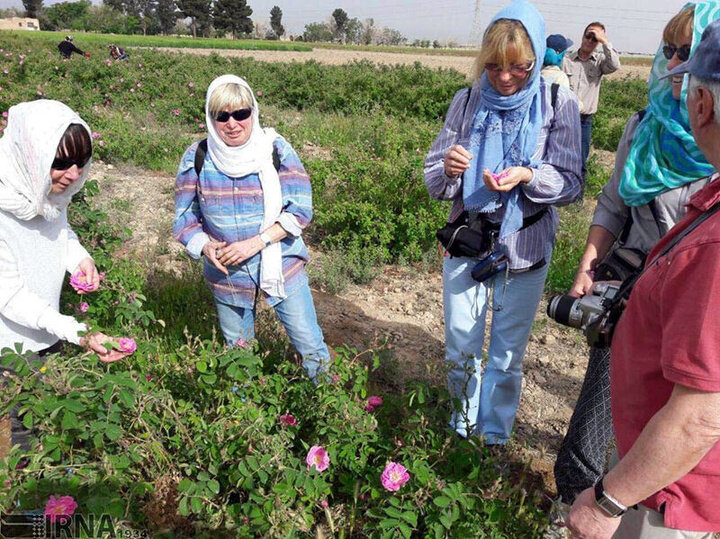Three agritourism farms to open in Toyserkan by year-end

TEHRAN – Three agritourism farms have been arranged to open to the public near the city of Toyserkan in Hamadan province by the end of the current Iranian year (March 20).
Toyserkan’s tourism chief Es’haq Torkashvand on Monday announced plans to launch three agritourism farms with nomadic features by the year-end.
Torkashvand highlighted the growing attention toward agritourism and nomadic tourism, emphasizing their role in reviving traditional lifestyles and livelihoods.
“These complexes are designed to attract domestic and international tourists while preserving orchards and agricultural lands, contributing to the development of the tourism industry.”
“Agritourism and nomadic tourism not only harness the county's vast potential but also create opportunities for employment, entrepreneurship, and the promotion of traditional arts and crafts,” he noted, underscoring their significance in fostering economic growth and cultural preservation in the region.
Toyserkan, the fourth-largest city in Hamadan province after Hamadan, Malayer, and Nahavand, is renowned for its abundant walnut trees and scenic mountainous climate.
The city and its surrounding villages are steeped in history, built on the ruins of the ancient cities which were devastated by Mongol invasions and subsequent earthquakes.
Torkashvand also recalled the successful inauguration of Toyserkan’s first agritourism site in 2021, which continues to operate and draw visitors.
Agritourism is a relatively new branch of the travel industry in which tourists stay with local people in rural areas. Farm/ranch recreation refers to activities conducted on private agricultural lands, which might include fee-hunting and fishing, overnight stays, educational activities, etc.
Experts believe that in addition to customer service jobs, agritourism pays special attention to the production sector, saying agricultural tourism is much more important and practical than other branches of tourism because it creates a new chain and diversity in fields of production and services.
AM
